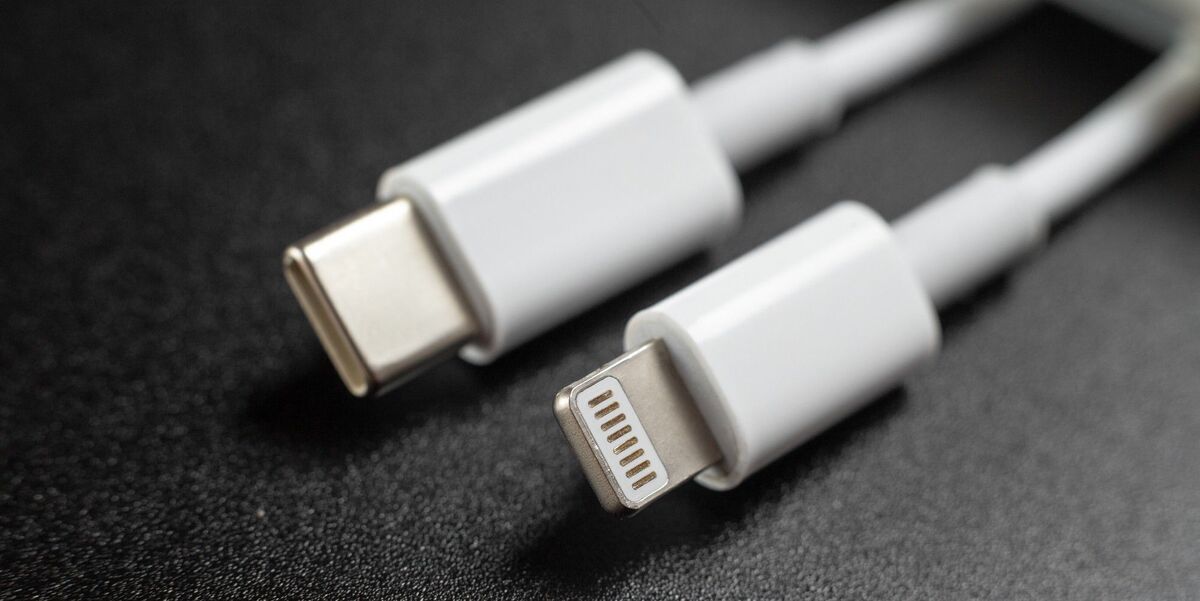Russian Fossil fuel exports will never return to 2021 levels after the US invasion Ukraineas the world moves to cleaner energy, experts say.
The International Energy Agency said the crisis sparked by the war could be a “historic turning point towards a cleaner and more secure energy system” as governments, including the US, Europe, China and Japan respond by transitioning to clean energy and technologies such as electric vehicles.
The IEA’s 2022 World Energy Outlook says that for the first time in its scenario, based on current government policies worldwide, global demand for every fossil fuel is peaking or plateauing.
As a result, global emissions will peak in 2025 and then slowly decline.
The path to a more secure and sustainable energy system cannot be smooth. But today’s crisis makes it clear why we need to move forward
But this is still far from enough to avoid the serious consequences of climate change, when temperatures could rise dangerously by 2.5 degrees Celsius by the end of the century, the report says.
The IEA has warned that the huge increase in energy investment needed to reduce future volatility and drive the deployment of clean energy will require tougher policies.
The energy crisis, triggered by Russia’s invasion of Ukraine, has sent shock waves through natural gas, coal and electricity markets, as well as oil markets, fueled inflation and threatened recession and food insecurity.
The IEA’s analysis finds scant evidence for claims that climate policy and zero-emissions commitments have driven up energy prices, warning that the world is “struggling with too little clean energy, not too much”.
In the worst-hit regions, a higher share of renewable energy correlates with lower electricity prices, while more efficient homes and electric heating provide some consumers with a buffer, albeit a limited one, the IEA said.
The heaviest burden falls on poor households, who spend a larger proportion of their income on energy.
But Russia’s invasion of Ukraine is leading to a “disruption” of the energy market with Europe at a rate few imagined possible, the report says.
Russia’s fossil fuel exports will never return to 2021 levels in any of the scenarios outlined by the IEA for future energy markets, with its share of internationally traded energy falling from nearly 20% in 2021 to 13% in 2030 year according to the current policy scenario. .
The current growth of coal as a result of the energy crisis is temporary, and the growth of renewables will be fast enough to outpace overall electricity growth, reducing the contribution of fossil fuels to the energy sector.
This winter promises to be a difficult time for Europe, and next winter could be even harsher, but in the longer term, Russia’s actions mean that the era of rapid growth in gas demand is coming to an end, the IEA said.
Coal use will decline over the next few years, natural gas will plateau by the end of the decade, and rising electric vehicle sales mean oil will plateau in the mid-2030s before declining slightly by mid-century under a scenario based on prevailing policy settings.
IEA Executive Director Fatih Birol said: “Energy markets and politics have changed as a result of Russia’s invasion of Ukraine, not just for now, but for decades to come.
“Even with today’s political parameters, the world of energy is changing dramatically before our eyes.
“The responses of governments around the world promise to make this a historic and definitive turning point towards a cleaner, more affordable and more secure energy system.”
If all the climate pledges – apart from existing policies – that have been announced by countries are met, the temperature rise could be limited to around 1.7C in 2100.
But the report warns that promises are easier said than done and there is still “a long way to go” to meet the 1.5C warming limit agreed by countries to avoid the most dangerous climate change.
Clean energy investment would rise by more than US$2 trillion by 2030 in scenarios based on current policies, but would need to be more than US$4 trillion to reduce net emissions to zero by mid-century and meet the 1.5C target.
If the current growth rates of solar, wind, electric vehicle and battery deployments continue, this could lead to a much faster transformation than currently predicted, but will require policies to support them globally.
Dr Birol said: “The environmental case for clean energy needs no strengthening, but the economic case for economically competitive and affordable clean technologies is now stronger, as is the case for energy security.
“Today’s alignment of economic, climate and security priorities has already begun to move the dial toward a better outcome for the people of the world and the planet.”
And he warned: “The path to a more secure and sustainable energy system cannot be smooth. But today’s crisis makes it clear why we need to move forward.”
https://www.standard.co.uk/business/business-news/russian-fossil-fuel-exports-will-fall-as-world-turns-to-cleaner-energy-iea-b1035547.html










